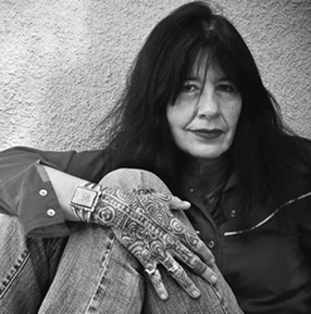 |
| Credit for photo |
Sand Creek Cottonwoods
At first
the shade
of the gnarled cottonwoods
lining the dry creek bed
is a relief.
Sun blazes
in the cloudless azure sky.
At first
the rustle
of the cottonwood leaves
in the near-constant wind
is a susurrus.
Leaf-babble
in the wide silent plains.
But suddenly
the age
of the gnarled cottonwoods
and the dates on the battleground marker
sink in.
These trees witnessed
And now
the rustle
of the cottonwood leaves
repeats the names of slaughtered elders, women, and children
in a dirge.
Leaf-testimony
in the wide silent plains.
©Mary Lee Hahn, 2020
Back at the end of May, The Poetry Sisters invited All the Rest of Us to join them in their monthly challenges. The challenge for June was to write a poem using the imagery of thick woods and the word susurrus. This got me thinking about how Ohio was 95% forest (actual statistic) before the Europeans got here and made this land into 90% corn and soybean farms (not an actual statistic...it feels that way, but the Internet tells me it's closer to 50%). I did some research on the bits of old growth forest that remain in Ohio (it might be worth it to visit them all), and learned that they are so old that they are aging out. The oldest (400+ years) oaks and hickories are coming to the end of their lifespans and are being replaced by maples and beeches.
Research is all well and good, but I don't have a natural affinity with thick woods because there aren't that many trees on the arid high plains of eastern Colorado where I grew up. So I was a little stuck. Then, last weekend, I got unstuck in a completely roundabout way. I attended the (virtual, of course) Inclusive STEM/CS Summit. Two of the presenters began with a slide stating, "I am presenting on land stolen from the...(insert name of tribe)." This got me thinking about the Native inhabitants of eastern Colorado. Why didn't I know who they were without asking Google? (Arapaho and Cherokee) Why didn't I learn about them in school? Why had I never heard about the Sand Creek Massacre?
When I read that some of the cottonwoods along Sand Creek date back to the mid-1800's and so could possibly have witnessed the massacre...well, I knew I had my poem, even if the woods there aren't thick in an "East of the Mississippi" way.
Karen has the Poetry Friday Roundup this week at Karen's Got a Blog!

